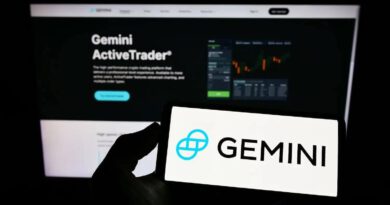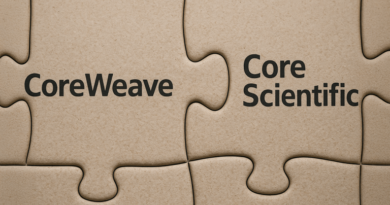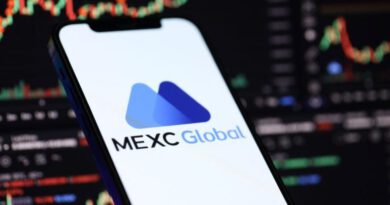Grayscale Quietly Sets Stage for $ADA and $HBAR ETFs With Delaware Trust Filings
Key Takeaways:
- Grayscale registers Cardano and Hedera statutory trusts in Delaware, a known precursor to ETF filings.
- Both could be the firm’s first spot altcoin ETFs beyond Bitcoin and Ethereum.
- Regulatory tailwinds, including SEC’s in-kind redemption approval for BTC and ETH ETFs, are boosting altcoin ETF prospects.
Grayscale Investments has taken a significant step toward expanding its exchange-traded fund lineup beyond Bitcoin and Ethereum, registering two statutory trusts in Delaware for Cardano (ADA) and Hedera (HBAR).
The move follows a pattern the company has used before when preparing for ETF launches, signaling that official filings with the U.S. Securities and Exchange Commission (SEC) could be on the horizon.
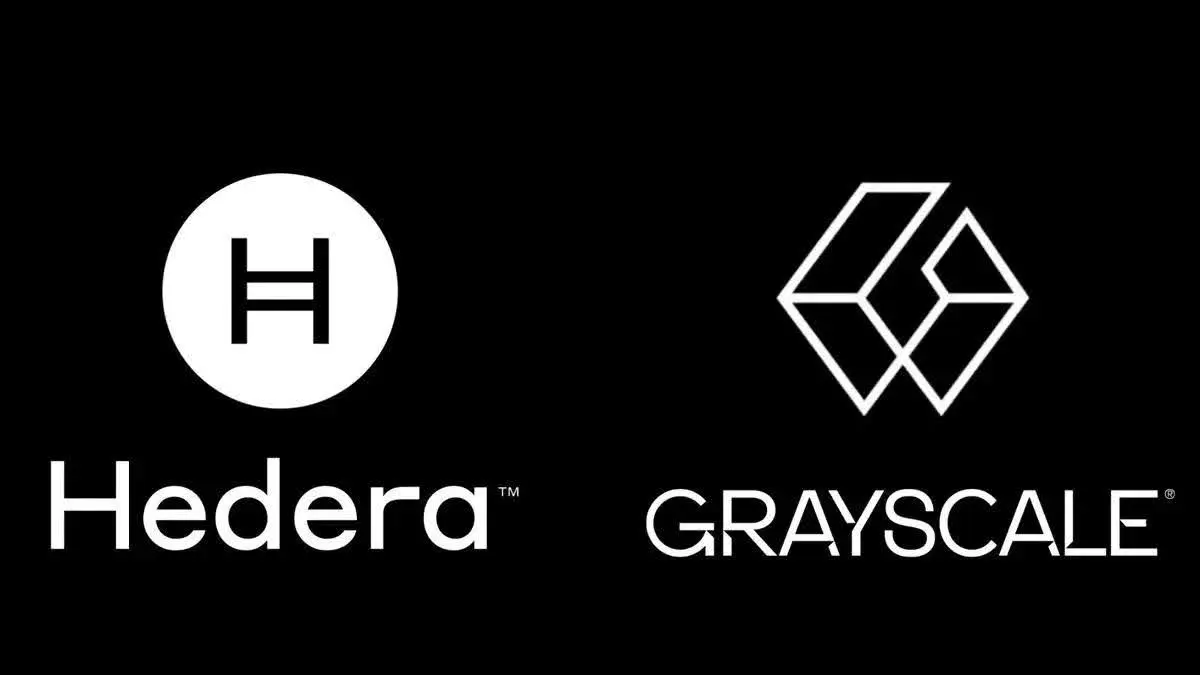
Delaware Filings Hint at ETF Ambitions
On August 12, 2025, Delaware’s corporate registry added two new entities: Grayscale Cardano Trust ETF and Grayscale Hedera Trust ETF. Both are listed as general statutory trusts, with CSC Delaware Trust Company serving as the registered agent in Wilmington.
This isn’t just a bureaucratic formality. In the ETF industry, such state-level trust formations often precede federal filings, usually S-1 registration statements or 19b-4 proposals to the SEC.
In fact, earlier this year, the SEC acknowledged NYSE Arca’s 19b-4 form for a proposed Grayscale spot Cardano ETF and Nasdaq’s 19b-4 form for a Hedera ETF. The Delaware trusts now provide the legal structure needed to advance those applications.
Read More: SEC Pushes Crypto ETF Decisions Again, $100B Market Waits on Truth Social and Grayscale Rulings
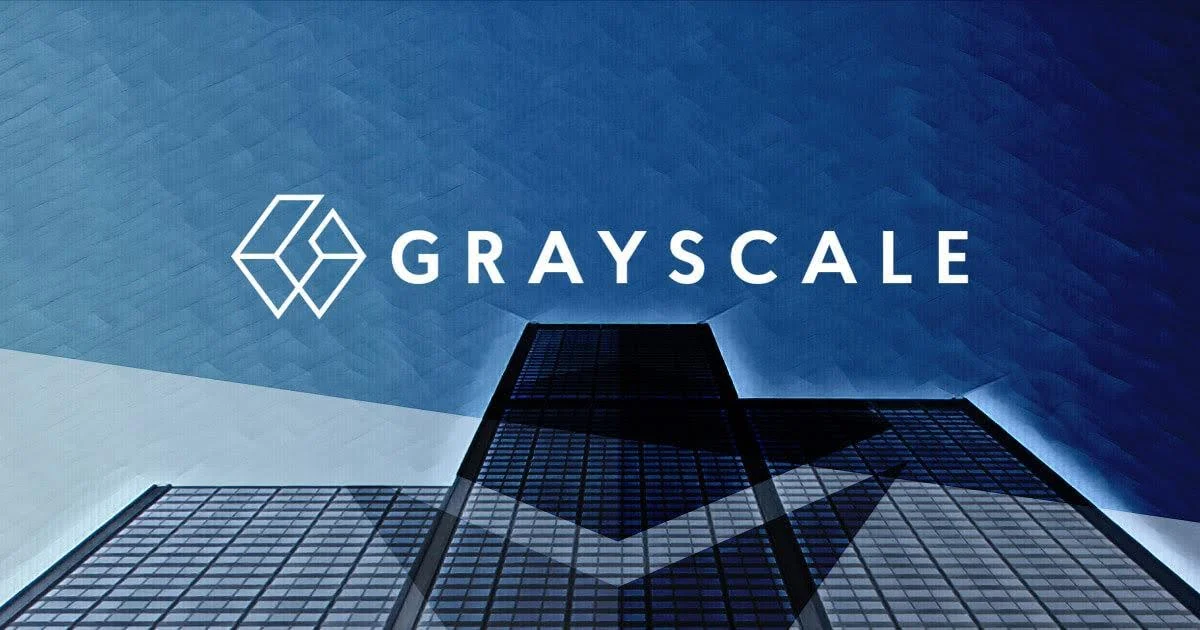
First Altcoin ETF Trusts Filed in Delaware
While Grayscale already operates investment trusts for multiple altcoins including Dogecoin, Filecoin, Avalanche, and Bittensor; these are its first Delaware-registered altcoin ETFs for Cardano and Hedera.
The distinction matters: ETF trusts, unlike private placement trusts, are designed for public trading on regulated exchanges. That means they require SEC clearance and must meet strict standards for custody, market surveillance, and investor protections.
Why Cardano and Hedera?
Cardano is widely known for its academically driven blockchain development, with a focus on scalability and energy efficiency. It has a large, active global community and is home to a growing ecosystem of decentralized applications and staking pools.
Hedera, in its turn, applies a hashgraph of agreement rather than an ordinary blockchain. It is supported by large companies in its board of directors and is aimed at an enterprise level use-case, such as supply chain, tokenized assets, and carbon credit markets.
Should they pass, ETFs on these tokens would provide an institutional-friendly mechanism to get exposure to the asset without necessarily holding the assets directly, opening up new demand.
Read More: Cardano (ADA) Price Prediction 2025–2050: Will ADA Reach $10 or $50?
Regulatory Winds Turning Favorable
What is interesting about these filings is when they were filed. In July 2025, SEC passed the in-kind redemption for spot Bitcoin and Ether ETF making the funds more operationally convenient among market makers and big investors. The same change has been regarded as a green light to the next level of altcoin ETF applications.
Simultaneously, the SEC and Commodity Futures Trading Commission are developing Project Crypto, an undertaking to identify the tokens that can be considered securities. By reducing regulatory uncertainty, Project Crypto could help accelerate approvals for funds tracking established altcoins like ADA and HBAR.
Industry Push for Altcoin ETFs Gains Momentum
Grayscale isn’t the only asset manager eyeing this space. Several U.S. firms are positioning for altcoin ETF launches, encouraged by the strong inflows into spot Bitcoin and Ether products since their debut.
- Spot Bitcoin ETFs crossed $100 billion in cumulative volume within months of launch.
- Spot Ether ETFs saw billions in inflows within weeks, underscoring investor appetite for regulated crypto exposure.
Approved Cardano or Hedera ETF may contribute further diversification to the digital asset product offerings of the institutions, even augmenting liquidity and efficiency in the market, so long as these coins are concerned.
The SEC has 240 days from acknowledging a 19b-4 filing to approve or deny. Given the existing acknowledgments for Cardano and Hedera, the clock is already ticking.
Although neither ADA nor HBAR saw dramatic price spikes immediately after the Delaware filings, traders on social media have flagged the move as a bullish signal. Some analysts expect institutional accumulation ahead of any official approval, similar to the pre-launch activity seen in Bitcoin and Ether markets earlier this year.
The post Grayscale Quietly Sets Stage for $ADA and $HBAR ETFs With Delaware Trust Filings appeared first on CryptoNinjas.
CryptoNinjas



